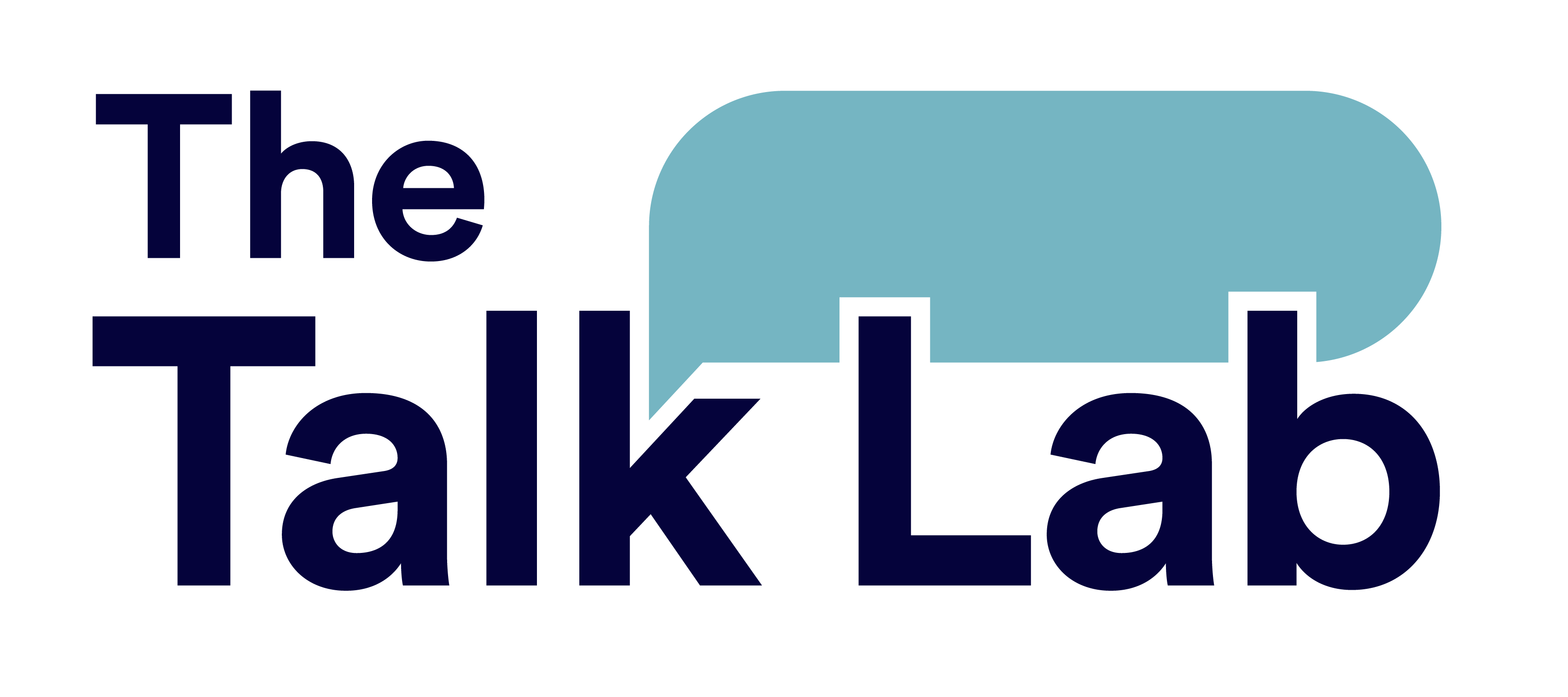Sophie: Improving Literacy Skills with Sounds-Write for ASD
This case study emphasizes the challenges faced by a child with ASD in literacy development, the successful implementation of the Sounds-Write program, measurable progress, and the positive impact on the client’s literacy skills and overall communication abilities.
Our participant’s names and have changed to protect their integrity and privacy.
Client Background
Sophie, a 9-year-old diagnosed with Autism Spectrum Disorder, faced challenges in developing literacy skills. Sophie struggled with phonological awareness, decoding, and reading comprehension.
Challenges Faced
Before starting the Sounds-Write intervention, Sophie encountered significant difficulties in recognizing sounds, blending words, and understanding written text due to her ASD-related communication and learning differences.
Sounds-Write Intervention
Our speech pathologist, Lee, introduced the Sounds-Write program, a structured literacy program designed to teach phonics, phonemic awareness, and spelling:
- Assessment and Program Tailoring: Lee conducted an assessment to identify Sophie's specific literacy challenges and tailored the Sounds-Write program to suit her learning style and abilities.
- Structured Instruction: Using Sounds-Write, Lee provided structured and systematic instruction focusing on phonological awareness, sound-letter correspondence, blending, and segmenting words.
- Multi-Sensory Techniques: To accommodate Sophie's learning preferences, the program incorporated multi-sensory activities involving visual, auditory, and kinesthetic elements.
Progress and Results
Over the course of the intervention, Sophie demonstrated significant progress:
- Phonological Awareness: Sophie showed improvement in recognizing sounds, blending and segmenting words, and understanding syllable structures.
- Reading Skills: Her reading accuracy and fluency improved, allowing her to read more independently.
- Spelling and Writing: Sophie displayed enhanced spelling skills and began independently writing simple sentences.
Impact on Sophie's Literacy Skills:
The implementation of Sounds-Write had a positive impact on Sophie’s literacy development:
- Increased Confidence: Sophie gained confidence in her ability to read and write, leading to increased participation in literacy-related activities.
- Improved Academic Performance: Her improved literacy skills positively influenced her academic performance and engagement in learning activities.
- Enhanced Communication: Better literacy skills facilitated improved communication and expression of thoughts.
Conclusion
Sophie’s progress with the Sounds-Write program highlights the effectiveness of structured literacy interventions in addressing literacy challenges in children with Autism Spectrum Disorder, leading to improved reading, spelling, and overall literacy skills.
